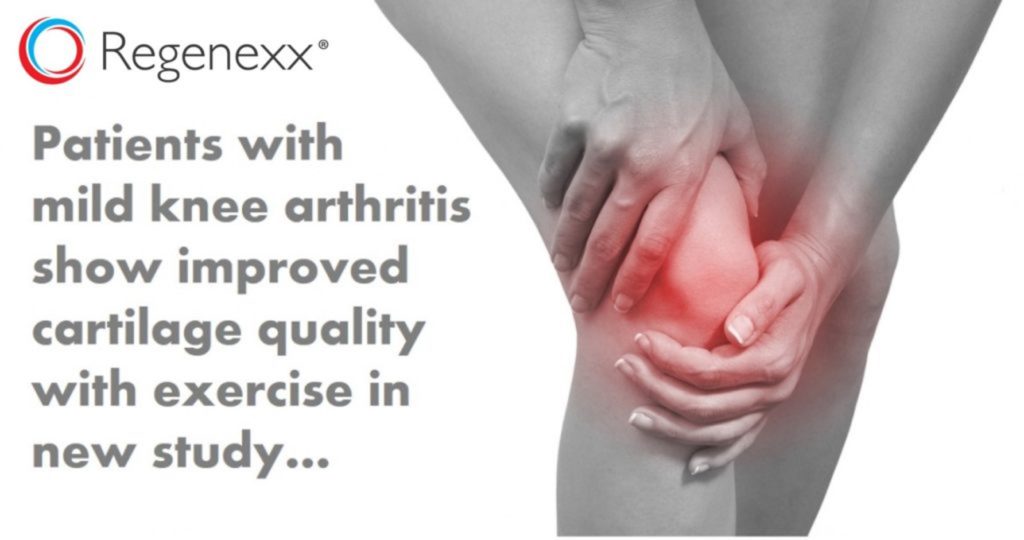Mild Patellofemoral Syndrome and Exercise: Hit the Gym!
Exercise is good for what ails you, but can it help bad cartilage causing kneecap pain? That’s been an open question, but a recent study may shed some light. The research suggests that exercise may indeed help mild knee arthritis.
The issue of exercise and cartilage loss or arthritis is really all over the map. You can find studies that show that things like running can cause more arthritis. You can find other studies that show that running reduces arthritis. The issue with those studies is that they tend to look for associations (i.e. runners have more or less arthritis at one point in time). However, this most recent study was randomized and prospective (meaning it looked to see what would happen to cartilage with or without exercise).
The study took 80 post menopausal women who already had mild arthritis in the patellofemoral area (under the knee cap). This is really important, as from an arthritis standpoint, women after menopause are at higher risk for the disease. Forty women were assigned to an exercise group and 40 to no exercise. Exercise consisted of progressive resistance for 1 year. The bio mechanical properties of the knee cartilage were then mapped with T2 imaging (T2 map). There was 7-8% better cartilage quality in the exercise group . Other metrics of cartilage quality and strength also improved in the active group, but not in the couch potato group. Interestingly, though they found that exercise improves knee cartilage quality, these effects didn’t translate into an improved report of knee function or pain on a standardized knee questionnaire.
The upshot? This is a pretty important study about the benefits of exercise in mild arthritis because it’s higher quality than most. While this positive impact on cartilage is unlikely to translate to patients with moderate or severe arthritis, the fact that mild arthritis sufferers can get benefit from hitting the gym will be welcome news to many!

If you have questions or comments about this blog post, please email us at [email protected]
NOTE: This blog post provides general information to help the reader better understand regenerative medicine, musculoskeletal health, and related subjects. All content provided in this blog, website, or any linked materials, including text, graphics, images, patient profiles, outcomes, and information, are not intended and should not be considered or used as a substitute for medical advice, diagnosis, or treatment. Please always consult with a professional and certified healthcare provider to discuss if a treatment is right for you.

